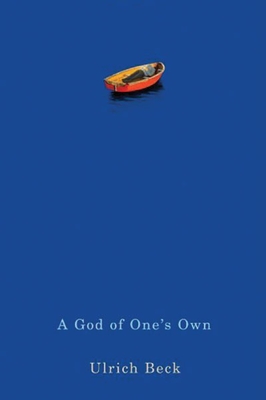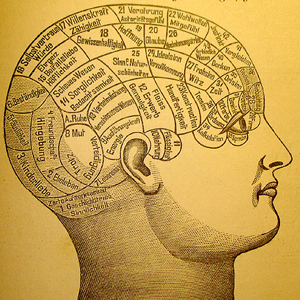 A God of One's Own by Ulrich Beck (Polity)
A God of One's Own by Ulrich Beck (Polity)
Ulrich Beck, a professor at the LSE and the University of Munich, is one of the most distinguished living sociologists. He is best known for his influential 1992 book Risk Society, which argued that we are living in a modernity in which the management of risks takes on an increased importance.
With A God Of One’s Own, Beck has turned his attention to religion in modernity. That such a distinguished figure has done so is itself noteworthy. The wide acceptance within sociology of theories of secularisation – which argued that religion would become increasingly irrelevant and marginal in modernity – meant that the sociology of religion was long thought something of a backwater, attracting the attention of few of the stars in the sociological firmament.
As Beck shows, many of the predictions of secularisation theory have been proved wrong, with religion being one of the main political issues in contemporary society.
Other predictions have been more on the mark, though, with European Christianity, to name one example, facing a calamitous decline in church attendance in recent years.
Beck doesn’t suggest, then, that in Europe, at least, secularisation hasn’t happened, but that secularisation has paradoxically paved the way for a revitalisation of religion. Religion’s “emancipation” from the state, together with the decoupling of faith from religious institutions, has made religion much more fluid, flexible and able to compete in the marketplace of modernity. Beck emphasises two processes allied to secularisation: individualisation and cosmopolitanisation. In the former, individuals become free to adapt and choose their religious pathways and find a “God of one’s own”. In the latter, religion becomes decoupled from territories and nations and enmeshes itself within a pluralistic world.
Beck acknowledges that this new cosmopolitan religious landscape is full of risks and the possibility of violence. Another paradox: fundamentalism thrives in this cosmopolitan landscape so that “The fundamentalist religions of the present are not original fundamental religions but partly reflexive modern movements that have learned how to swim in the tide of cosmopolitanism (the mass media, the internet, the weak points of Western civil society) like fish in water.”
There are high stakes in this brave new world and “the world has a chance of surviving only if the many faiths that believe in one God succeed in civilising themselves, if they abjure the use of violence as an aid to missionary activities, and if they are prepared to commit themselves to supporting the principle of mutual tolerance between religions.” This civilising isn’t just necessary in order to avoid religious conflict; risks such as climate change that impact on everyone mean that we simply have no choice but to try and find ways for all of us to work together.
Beck thinks that this civilising of religion might be possible and that religion “is not merely part of the problem but perhaps also part of the solution”. He points out that there are cosmopolitan strains within religious teaching that might help to find a peaceful path. Above all, religions need to find a way to promote “a new type of tolerance whose goal is not truth but peace”.
Fine words indeed. Beck does not claim to have found “the” answer to religious conflict (and even if he had, the book’s complex writing style limits its influence). What he does demonstrate very effectively is that one way of avoiding a polarised and terrifying future is to find hope in the modern world’s many ironies, paradoxes and complexities.

